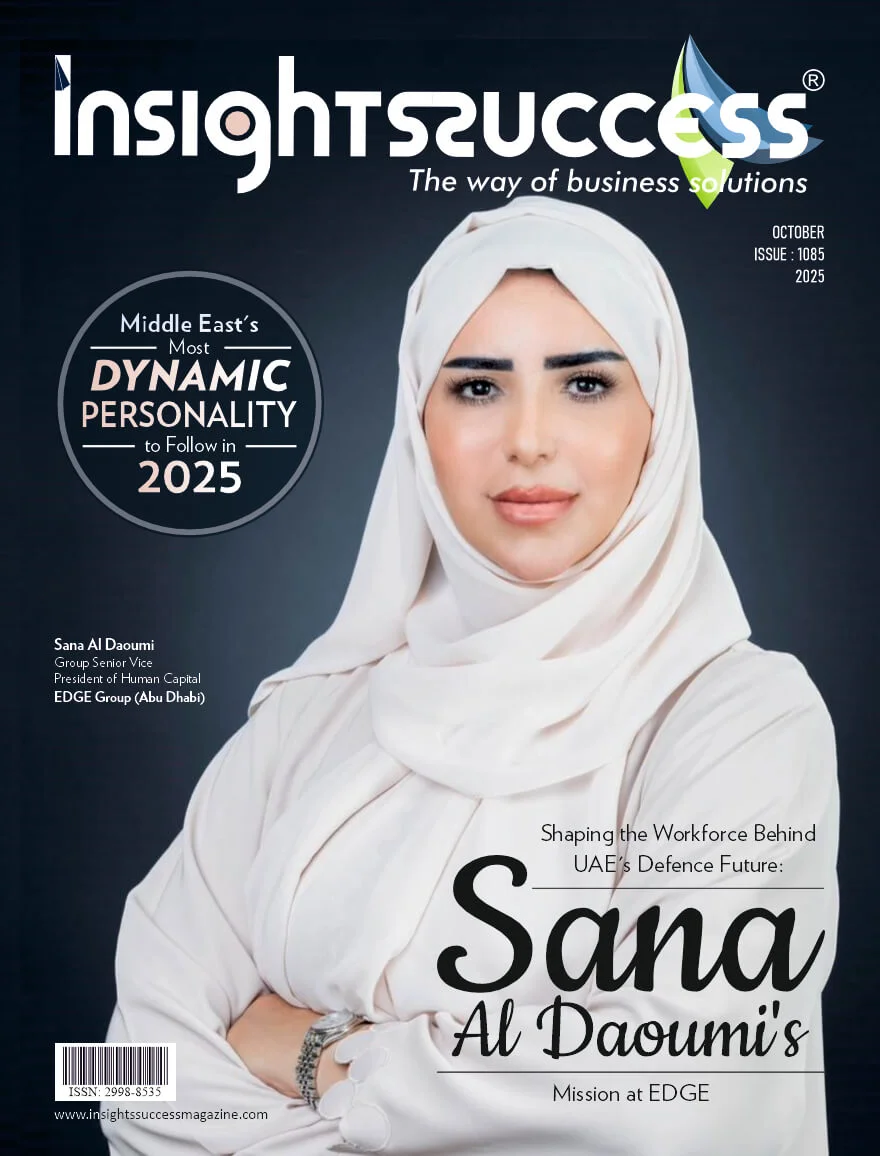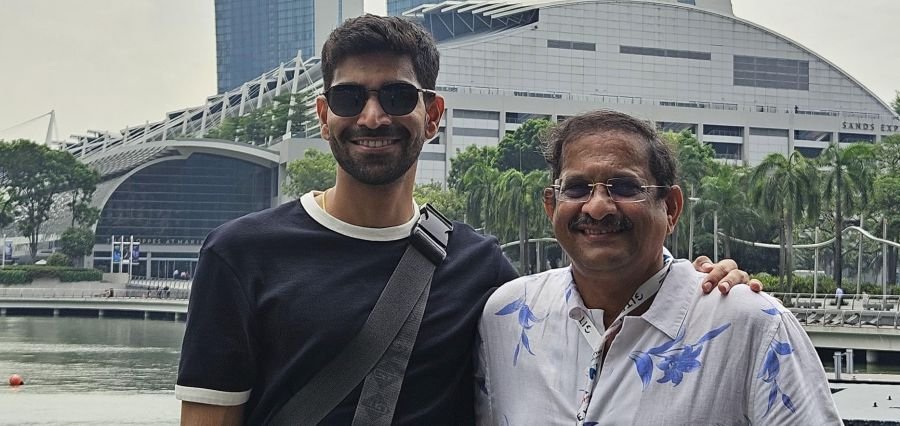Our planet has been in shambles for several years, several factors affect the environment’s sustainability, and now food waste is also becoming a concerning issue globally. Daily tons of food is wasted, and unfortunately, it affects the social and economic ladder. It is a must to deal with this crisis, which is why Ilana Devillers, the CEO and Founder of F4A (Food4All), has come up with a brilliant solution to tackle this issue on a certain level.
Ilana had a shocking realization when she uncovered the scandals of food waste in the retail sector. She saw an opportunity and started her venture, F4A. She has connected consumers and distributors to market the unsold products of the day on a free and user-friendly app. Her dream to save green is having positive results, which helps to preserve the environment.
At F4A, Ilana is responsible for the strategy, development of the business, administrative tasks as well as fundraising.
In an interview with Insights Success, Ilana Devillers shares her entrepreneurial journey and her initiative in reducing food wastage through F4A.
Below are the highlights of the interview:
What were the challenges you came across prior to and after founding the organization in 2017?
Challenges are part of daily business. While I generated the idea at the end of 2015, beginning of 2016, data was a crucial part of the research and lacking.
After founding the organization in 2017, several challenges came across, such as fundraising, convincing prospects of our solutions since we were slightly early in the process, maintaining and retaining talents. Being my first company, building and driving a company built from scratch is also a challenge.
Being an experienced business leader, what is your opinion regarding the impact of the COVID-19 pandemic on the Food Production Industry? And how has F4A managed to overcome this significant challenge?
COVID-19 also had impacts on the Food Production Industry. Between food shortages, countries closing their borders forcing each country to promote local food and maintaining prices acceptable for local consumers, unpredictable consumer behaviors impacting the internal processes of food distributors, high employees’ turnover, horeca sector forced to close from the day to the other having a very negative impact on food waste and so on.
So many direct and indirect impacts that it would take more than a few sentences to resume and explain. Facing this pandemic from one day to the other has pushed the topic of food waste down the priority list, thus slowing business development dramatically. We managed to overcome those significant challenges by focusing on our internal processes and R&D.
What truth does everyone need to know about the environmental impact due to food waste?
Food waste happens all along the food value chain, and we all have our part of liability in the process. To overcome this food waste issue, we need to all change our behaviors. It needs to be a top-down and bottom-up process.
What is your thought on the necessity of a positive work culture? In what ways do you implement it at your organization?
Positive work culture is the heart of a company. It allows employees to feel great in the business, and as I love to say, “happy employees, happy clients.” At F4A, we are very flexible regarding work schedules. As long as the work is done, there is no need to be by the minute close. Everyone has their word to say, and the diversity of our team makes the dream work.
We are a Startup with this particular spirit that we will maintain all along with the life of this company. Our mission, by essence, is very positive, facilitating this vibe and maintaining this awesome environment.
In what ways have you or F4A contributed to the community? If given a chance, what change would you bring in a sustainable approach to food waste?
F4A brings a totally new eye and way of fighting food waste by incrementally changing our food habits. We are not there to point fingers but rather create and develop a community further, making them aware of this topic and showing that our daily habits can and will reverse the tendency of food waste. If given the opportunity to change the current approach, I would say that mentality and mind-openness regarding food waste need to change. As an example, and really striking to me looking at practices of certain “Startups” in this area: competition regarding Food waste is ridiculous, and it would be rather more impactful to join forces than to compete in an area that doesn’t need this competitive spirit. The more diverse and complementary solutions there are on the market, the higher the decrease of food waste will be. This topic is already very complex and believing as a company that you have a unique solution fighting this issue is utopic.
Also, the Food Industry should not be ashamed to speak up. A lot of actors believe they are not wasting even though the truth is that they are (as small as the quantities are, pilling up small percentages leads to a higher number of food waste).
As a leading company in fighting food waste, what advanced technologies are you leveraging to make your services more productive and approachable?
We are using preventive and consequential tools to fight food waste. We have three different levels of onboarding, allowing every actor to use our services in just a few minutes.
Our technologies allow incremental innovation, enabling all actors to fight food waste thanks to existing processes and technologies that we improved for a better result.
What would be your advice for aspiring and emerging women entrepreneurs in the Food & Production Industry? Have you in any way contributed towards the cause of women empowerment?
I would advise women to just trust their guts and go for it if they believe they have a solution worth growing on the market no matter the industry.
As a women entrepreneur, I do my best to contribute to women empowerment.
What are your future aspirations with the company? What strategies are you undertaking to achieve those goals?
We have an international vision as food waste is an international issue arriving everywhere. We would like to develop more solutions adaptable to each different country in our sector.
In order to achieve those goals, we are increasing R&D and developing in different countries to adapt quicker.
















